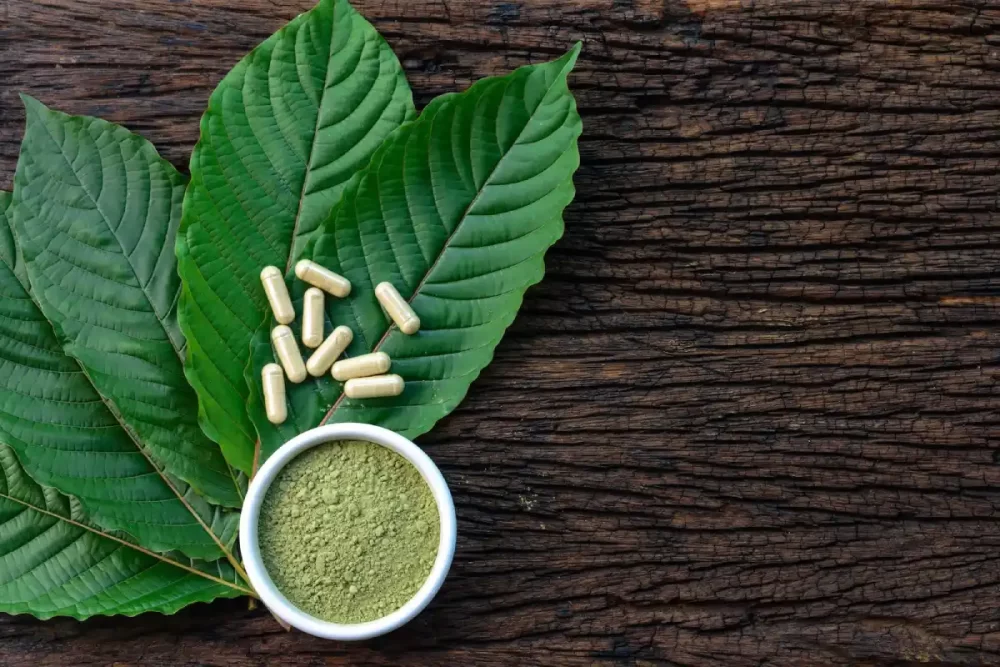Table of Contents
The opioid epidemic is serious. In 2019, the World Health Organization published that up to 36.3 million people around the world were addicted to opiates. In the United States alone, 10.1 million people misused prescription opioids that same year.
Most people want to break the cycle but don’t understand the incredible challenge they face with withdrawal. What’s worse is that withdrawal isn’t only a physical experience. Withdrawal touches on mental barriers, emotional issues, and hidden traumas.
If you or a loved one are looking to detox, you must understand the difficulties involved. Withdrawal symptoms are serious and can be physically and emotionally painful. Unfortunately, they also dig up past traumas—and if those hoping to recover aren’t in the right place to heal from those traumas, the cycle can start over and over again.
Doing an unassisted detox can lead to life-threatening relapse, overdose, or worse. Understanding the symptoms and timeline of withdrawal can help you overcome the most difficult part of detox with compassion towards yourself or a loved one.
Here’s a look at opiate withdrawals to fully understand the issues.
Opioid Withdrawal Based on Their Half-Lives and Level of Dependency
The process of detoxing from opiates varies from person to person. Reaction to it depends on the length of time and dependency of someone with the opioid.
How the drug is taken also affects the speed withdrawal symptoms are felt. Drugs that have been injected, snorted, or smoked tend to be metabolized more quickly by the body, providing an immediate “high.” Drugs that are swallowed or ingested last longer in the system.
Heroin is the fastest acting opioid, with its half-life ranging from a few minutes to a couple of hours. Immediate-release hydrocodone (Vicodin) and oxycodone (OxyContin) have half-lives of 4-6 hours, while the half-life of methadone can average around 30 hours.
Why do half-lives matter?
Every detail of the drug matters. What the drug is, how it has been taken, and the level of dependency can all play a part in how soon you can expect to experience symptoms during detox and how long the symptoms will last. Here’s why the focus should be on recovery, not a deadline.
Timeline of Opioid Withdrawal Symptoms
The timeline for opioid withdrawal depends on the person, and symptoms range from mild to severe. Generally, early symptoms start within 6-12 hours for fast-acting opioids, like heroin, but can take up to 30 hours to appear for longer-acting prescription opioids.
Possible symptoms of opioid withdrawal can include:
- Anxiety
- Difficulty sleeping
- Sweating
- Agitation
- Racing heart
- Fever
- Hypertension
These symptoms typically peak around 72 hours. Late-onset withdrawal symptoms, such as those listed below, can last up to two weeks after detox.
Late withdrawal symptoms include:
- Nausea, vomiting, stomach cramps
- Depression
- Intense drug cravings
The bigger psychological symptoms of opioid withdrawal can linger for weeks after detox and are difficult to overcome without help. This is why having the support of a mental health professional during detoxification is crucial for recovery.
We at Infinite Recovery would love to help you or your loved one on the path to sobriety. Our team of compassionate experts and professional detox options are available to assist you. You don’t have to do this alone.
Sources
Infinite Recovery has strict sourcing guidelines and relies on peer-reviewed studies, academic research institutions, and medical associations for our references. We avoid using tertiary references as our sources. You can learn more about how we source our references by reading our editorial guidelines and medical review policy.
- World Health Organization. Opioid overdose. Accessed June 15, 2022. https://www.who.int/news-room/fact-sheets/detail/opioid-overdose
- Affairs (ASPA) AS of P. What is the U.S. Opioid Epidemic? HHS.gov. Published December 4, 2017. Accessed June 15, 2022. https://www.hhs.gov/opioids/about-the-epidemic/index.html
















